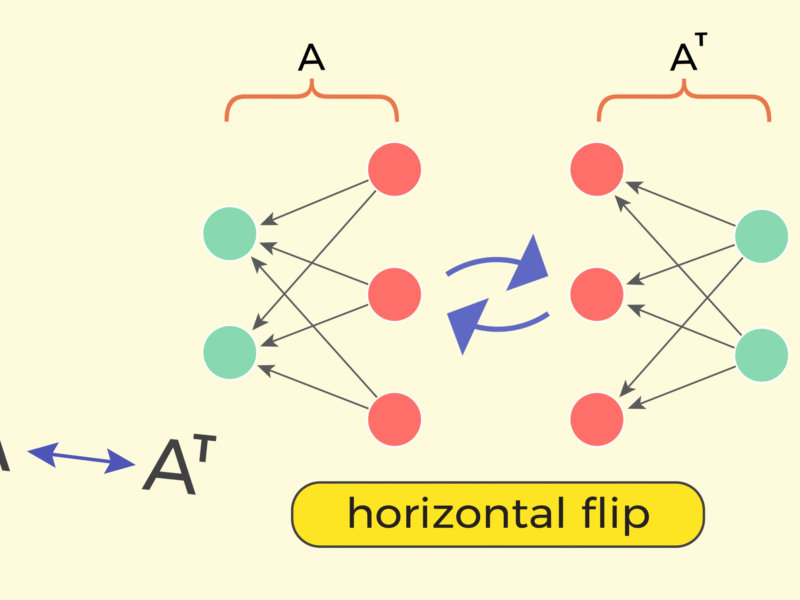Meta reportedly offered a top-tier AI expert $1.25 billion over four years, a proposal that was declined despite the substantial financial terms. This event, shared by Daniel Francis, founder of the AI startup Abel, highlights intensifying competition for specialized AI talent within the technology sector.
Daniel Francis, whose AI startup Abel develops technology for generating police reports from body-camera footage and emergency dispatch transcripts, originally gained public attention in 2023. He orchestrated a hoax by posing as a disgruntled Twitter employee who had been fired by Elon Musk. This act unexpectedly led to his employment at Elon Musk’s company. Francis has since begun to highlight the escalating compensation packages being offered to AI professionals across the industry.
The reported $1.25 billion offer, which would have amounted to over $300 million annually, suggests a trend of increasingly large compensation packages for AI talent. In June, OpenAI CEO Sam Altman confirmed that Meta had extended signing bonuses reaching up to $100 million to attract engineers from OpenAI. However, Altman stated that despite these “giant offers,” none of OpenAI’s “best people” accepted the proposals from Meta.
Update: was informed of a $1.25 billion offer for four years, new highest I’ve seen
guys what the hell is going on https://t.co/n5vDZ7Dl5y
— Daniel (@growing_daniel) July 20, 2025
Meta is actively developing a “superintelligence” lab, a strategic initiative that involves offering compensation packages ranging from seven- to nine-figures to attract elite AI experts. Mark Zuckerberg’s aggressive recruitment efforts are part of a broader strategy that includes significant investments in AI infrastructure. Meta recently declared a multibillion-dollar stake in Scale AI, a data-labeling firm, and subsequently brought its CEO, Alexandr Wang, to lead a new project within Meta.
Zuckerberg, identified as the world’s third-richest individual, is reportedly directly involved in recruitment processes. He has also reconfigured Meta’s $1 billion headquarters to allow key new hires to be seated in close proximity to him. This organizational change underscores the emphasis on integrating critical AI talent directly into the company’s core operations.
Sam Altman has expressed skepticism regarding Meta’s compensation-heavy approach to hiring, asserting that financial incentives alone will not suffice to recruit the most capable tech talent. He articulated a belief that Meta’s strategy does not cultivate a creative, mission-driven culture, stating that “missionaries will beat mercenaries” in the long term. This perspective from the OpenAI CEO aligns with his public commitment to donate most of his personal $2 billion fortune. Additionally, an individual identified as an ex-OpenAI engineer who recently joined Meta denied receiving a $100 million bonus, labeling the rumor as “fake news.”

